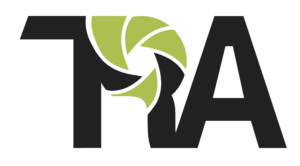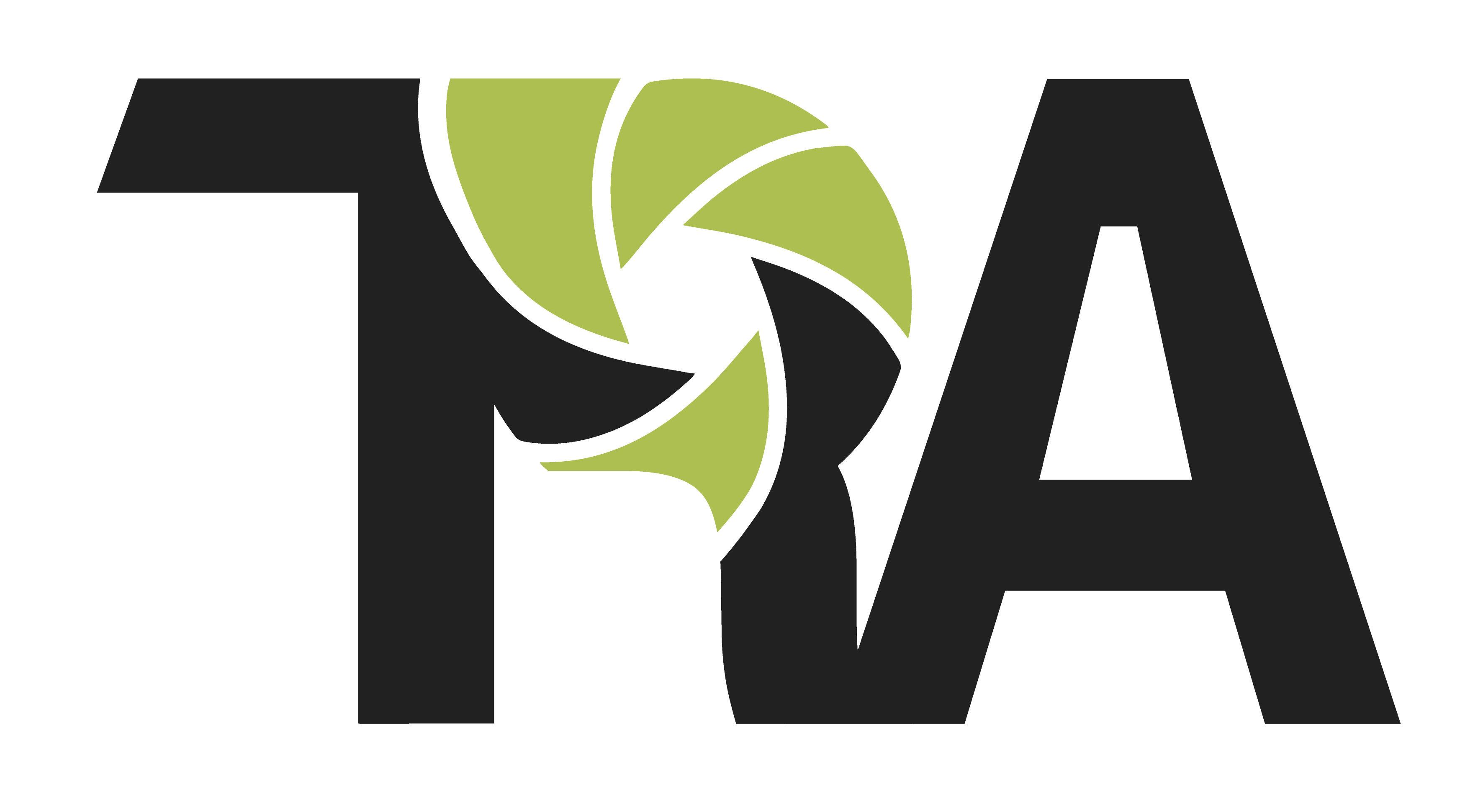MarTech is the tech stack that makes digital marketing possible
Marketing Technology, or MarTech, refers to any platform, software, or technology used by marketers to plan and execute campaigns, track and measure their effectiveness, and fine-tune their marketing approach for future campaigns. MarTech lives in the digital space, and while it was once considered more of a novelty for techies and gurus, it is now the standard marketing approach across all major industries.
MarTech: Origins
MarTech was first introduced as a SaaS (Software-as-a-Service) distribution model developed by Salesforce in 1999. The SaaS model is significantly more cost-effective than the traditional on-site Customer Relationship Management (CRM) systems typically used by large corporations. By making CRM software affordable and scalable, companies of all sizes would now be able to develop and hone their marketing approach for a fraction of the investment required in the past.
The seven core competencies of MarTech
Today, MarTech solutions are almost entirely cloud-based and can be tailored to the unique needs, skills, and budgets of individual organizations. The toolset used for a certain organization's marketing approach is known as its "MarTech Stack." To develop and maintain effective digital marketing campaigns, knowledge of these seven core competencies is a must.
- Content marketing
A general term, content marketing refers to a wide range of software and digital tools used by digital marketers. Content Management Systems (CMS) such as WordPress or Hubspot make it easy to build and publish company websites, landing pages, and blogs. SEO plugins like Yoast optimize landing pages to increase traffic, and A/B Testing tools like Unbounce help marketers determine which landing pages are most effective.
- Rich media tools
Rich media tools fit under the umbrella of content marketing while focusing primarily on design, video, and audio. Animoto, Biteable, and Filmora are all commonly used to create and edit videos and animations. Video marketing platforms like Vimeo and YouTube make it easy to upload and share content with a greater audience, and podcasting tools and apps help even entry-level marketers produce professional-sounding audio.
- Marketing automation platforms
Another general term, marketing automation refers to any software or technology that automates repetitive, time-consuming tasks, such as Google Analytics or social media management tools.
- Social media tools
A lot of companies think simply making an account and updating it on a daily or weekly basis is enough to establish a social media presence. It is not. Social media tools help companies improve upon the effectiveness of their campaigns by setting up automated posts across platforms, monitoring views and engagement, and connecting marketers to other potential influencers in their industry.
- Advertising automation platforms and tools
Advertising platforms streamline paid ad efforts such as SEO, social media advertising, and native advertising. When users see paid or sponsored results at the top of a Google search, that's Search Engine Marketing, or SEM. Social media advertising is easy and cheap, and native advertising tools like Taboola and Outbrain allow marketers to promote their content on external websites to reach a broader audience.
- Sales enablement tools
Sales marketers use these tools to automate and monitor sales and customer management processes. Sales automation tools like Zoho help with time-consuming, tedious tasks like bulk emails, call recording, click to call, sales forecasting, and lead management. Customer support tools such as Zendesk provide open communication between an organization and its customers, fostering better customer service and solutions.
- Data and analytics platforms
By now, everyone has heard of Google Analytics. This is one of many useful tools for generating and analyzing data to monitor the effectiveness of one's marketing approach. Data Management Platforms, or DMPs, collect anonymous, third-party data for ad targeting and media buying efficiency. Customer Data Platforms, or CDPs, gather first-party data to help nurture the customer relationship and personalize campaigns. Predictive analytics tools like Aviso and RapidMiner utilize machine learning and data mining to make predictions about future trends and events.
Building a MarTech stack
When deciding on tools to build a MarTech stack, consider your organization's business model and overall marketing goal. What product or service to you offer, and to whom? What industry do you work in, and how long is the sales cycle? Always keep in mind the "buyer's journey," or the research and decision-making process that leads to a purchase, and don't forget that good marketing doesn't end as soon as a sale is made; you want to nurture this relationship to establish customer loyalty and keep people coming back.
An effective digital marketing approach is an ongoing process that doesn't just end with a sale. As your business and client base grow and change, so should your presence in the digital marketing sphere. Building the right MarTech for your business necessary, and the right tools make this process much easier.







